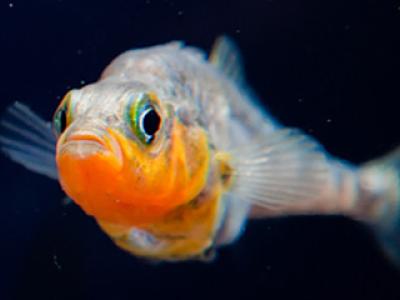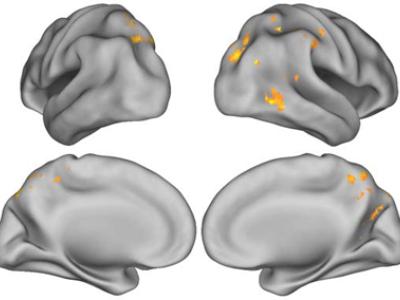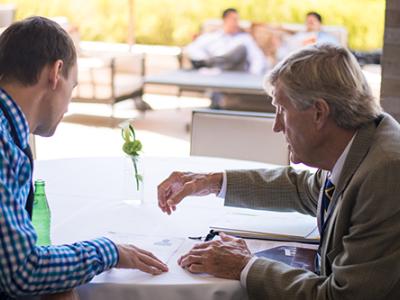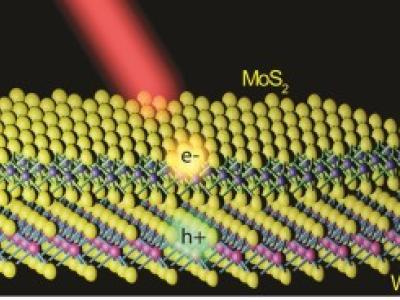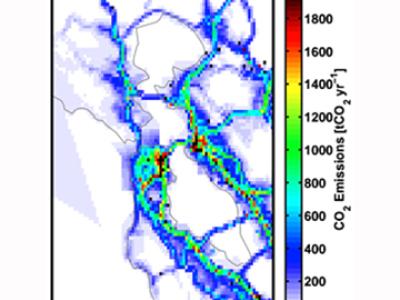Counting fish teeth reveals DNA changes behind rapid evolution
Threespine sticklebacks undergo rapid evolutionary change when they move from the ocean into freshwater, losing their armor and gaining more teeth in as little as 10 years. UC Berkeley biologist Craig Miller now shows that this rapid change results not from mutations in functional genes, but changes in regulatory DNA. He pinpoints a gene that could be responsible for jaw deformities in humans.

